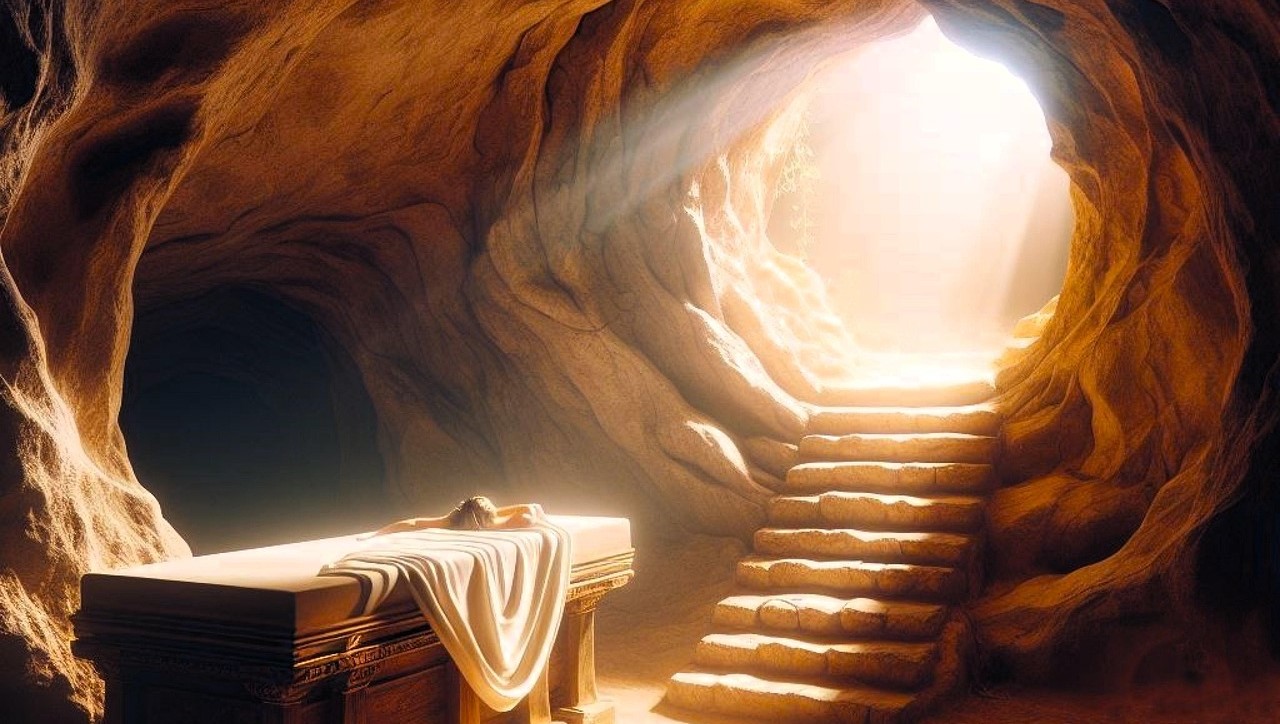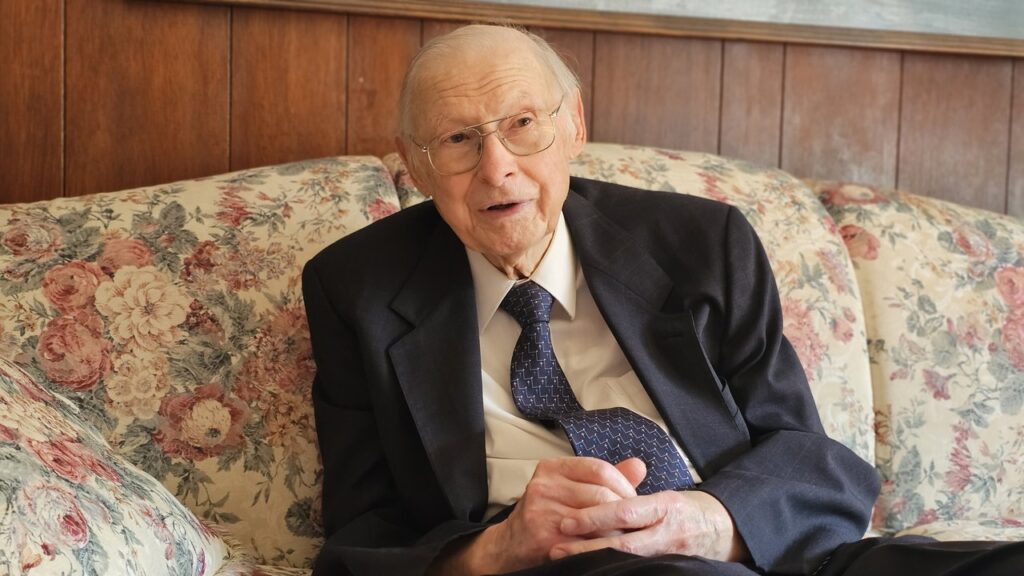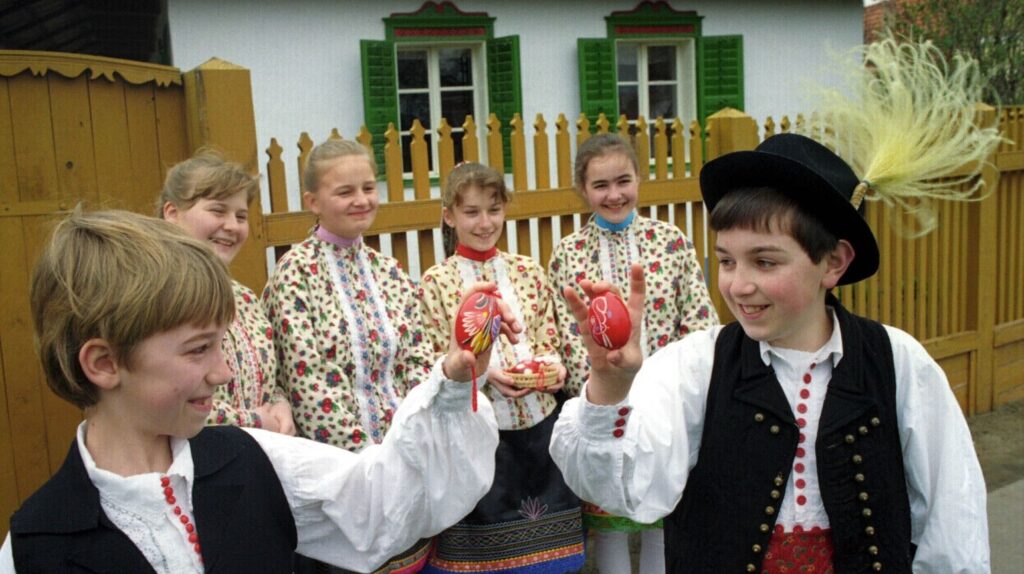Anyone who loses a close loved one, or—God forbid—unexpectedly receives a bad medical diagnosis about his or her health condition, suddenly finds himself or herself in a different state of mind. Suddenly everything takes on a contour, everything appears to be in accordance with its real weight, the soul becomes focused, all external noise, influence, information and hype lose their significance, and silence, a heavy presence remains.
Perhaps these are the moments that most closely resemble what awaits us one day inevitably. Because it is inevitable that at some point at the end of our lives we will enter the ‘great grinder’, we will have to turn onto the last street of our earthly adventures and wanderings, we will finally have to face the coming of our own passing, death.
I can now think freely about this, and I can feel its burden less voluntarily, since we have known since the Greek and Roman philosophers—and we Hungarians, mostly through the writings of Sándor Márai—that by the age of 40, man has already experienced everything, that is, he has recognized precisely from his experiences that his life is fragile and ephemeral.
These moments, these hours, are also like childhood. That was the last time we were less exposed to external stimuli, less chained to the compulsive management of life’s affairs, less enslaved to our ego. Back then, we could still pay attention, we dared to remain silent, to deal with real things. A child knows that he is vulnerable. He trusts his parents to solve what needs to be solved. He knows how to love unconditionally, and he sees the point.
‘By the age of 40, man has already experienced everything, that is, he has recognized precisely from his experiences that his life is fragile and ephemeral’
Unless you become like children, you will never enter the kingdom of heaven—says Jesus. And he knew why he said that. On the one hand, because he went there and knows exactly how to get there. On the other hand, because sooner or later, every person must realize that before his fate is sealed, he is vulnerable. He must realize that he must trust his Creator, because only He can solve his life. He must love, because without it, his life path will seem empty when he looks back. And he must see the point, because it is a huge mistake to live your earthly life without finding its ultimate meaning.
Now, as hundreds of millions around the globe celebrate Easter, it is important to make one thing clear: this holiday can be about many things, about renewal, about family, about the arrival of spring, about resurrection in any subjective, religious sense, but for those who wish to dig down to the original layer of this commemoration, it is really about the special sacrifice of a special person.
In a real historical time and historical space, in 32 AD in Jerusalem, a Jewish preacher who lived and was known to millions during his three and a half years of public ministry was convicted by the Roman governor on the charge of blasphemy at the request of the Jewish high council, the Sanhedrin, and executed on the feast of Passover.
The four Gospels recorded the life, deeds, and teachings of Jesus from eyewitness sources, but the writings do not end there, but with the communication of a miracle, which the authors and their communities also passed on to posterity by referring to their own eyewitness testimony: Jesus was crucified, died, and was laid to rest in the tomb of a Jewish council member, but the Roman and Jewish authorities, although guarded by soldiers, did not find his body in the tomb on the third day. At the same time, the disciples began to publicly proclaim the resurrection of Jesus in the streets, claiming that they had seen Him, and that this was the event that both the Master and the earlier, Old Testament messianic prophecies had predicted would occur.
The first generation of Christians paid with their own blood for not denying this life-changing experience, even under the pressure of the Roman state apparatus of violence. For two thousand years, this has been the essence of the Christian faith, and since then, every generation has based its personal faith on the same testimony.
‘The first generation of Christians paid with their own blood for not denying this life-changing experience, even under the pressure of the Roman state apparatus’
As we celebrate the feast of the resurrection, it is important to realize that there is no resurrection without Jesus. If He has not risen, then neither will we. And if we do not rise, then even if we believe in a dead founder of a religion, our personal fate will end in the same way—badly—as if Jesus had not said beautiful and true things. (This was originally the apostle Paul’s line of thought.)
If Jesus is not resurrected and alive, then Christianity is an empty religion, like thousands of other beliefs and convictions around the world in different cultural circles. Attachment to it is nothing more than a moral stance for its own sake, which, although it has no transcendental significance, makes those who believe in it better people for a few decades of earthly destiny, until they die in the same way as those who do not believe in it.
But if the Gospel is true, if the first disciples really died martyrs because they could not help but say what they saw with their own eyes, that Jesus appeared to them in a resurrected body, and what he had foretold happened: ‘They will kill me, but on the third day I will rise again’, then every person faces an unavoidable existential crossroads, whether they care about it or not. If the resurrection is a reality, then it works even if we do not believe in it. However, the stakes of negligence are enormous from now on, at least as much as if someone were to jump out of a twentieth-story window of a tower block because he does not believe in gravity—the law works whether we acknowledge it or not.
So we must deal with Jesus. He died for our sins without our asking. He died for the sins of later generations, including for our sins in advance. It is not obligatory to accept the ransom paid for us, but—honestly—who would not accept a hand extended to them in an extreme crisis? And the outcome of our fate in eternity is a situation of considerable importance.
‘If the resurrection is a reality, then it works even if we do not believe in it’
People living in a Christian culture, whether atheists, indifferentists, humanists or cultural Christians, may think that Christian values are noble, that they have a central role in maintaining our civilization, but in doing so, although their intentions may be good, they miss the point. Christian values do not hover in ether, but are tied to a Person, He taught about this and He lived it, and He left His followers a testament not to do value-preservation, but to lay down their lives and follow Him. After all, if as the Son of God, He laid down His own life for us humans, it is the same pattern for us to break out of our self-indulgent, self-centred life: to live not for desires and ambitions, but for the Creator.
The Gospel is not a social programme, nor a means of maintaining culture, but the key to the fate of the person in trouble, that is, the fate of all of us. Jesus is not who others say or interpret him to be, but who he said he was. Saviour, Son of God—this is what he claimed about himself, and subsequent events have proven that he spoke the truth.
‘Jesus is not who others say or interpret him to be, but who he said he was. Saviour, Son of God—this is what he claimed about himself’
When the hour comes that all men fear, He will be the only person who will be able to provide assistance in turning our personal life, our destiny, into eternity. The only one because no one else has returned from the state of biological death, after three days of decomposition of the body, in world history, that is, no one knows for sure what is there beyond, only one person who went through and came back: Him.
Easter is the feast of the resurrection. We celebrate the resurrection of Jesus. And at the same time, our immense happiness and hope.
Related articles:








